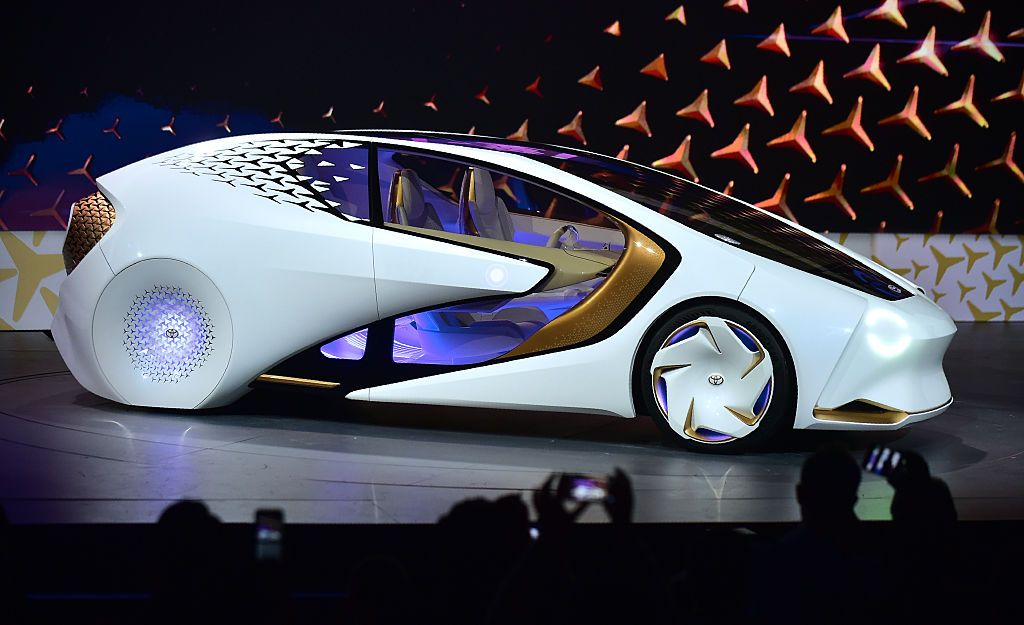Fiat introduced its model 124 line in 1966, variants of a basic sedan. One variant was the Sport Spider (pronounced "speeder") designed and bodied by Pininfarina. Another was the Sport Coupé styled by Mario Boano at Centro Stile Fiat.
Both Sport models were imported to the USA beginning in the late 1960s. When I finally completed my grad school coursework and exams and had a job that paid well enough for me to consider buying a serious (more than a toy) sports car, I looked at those Fiat 124s. The Spider, thanks to its Pininfarina coachwork, was too expensive for me. So I never even took one for a test drive.
I did try the more affordable Coupé, but it had too many flaws. For one thing, I didn't find it very attractive, especially compared to the Spider. Further, and more important, I didn't like the driving position due to the pedals being so near that I had to bend my knees in an uncomfortable position. In the end, I bought an entry-level Porsche 914.
The Fiat 124 sedan / saloon.
Frontal view of the Sport Spider.
Seen from above, top down.
Seen from above, top raised.
Rear view. All-in-all, a simple, attractive design. The front and rear ends have somewhat different characters. I suppose the ends of the rear fenders can be considered the inverse of the sculpting around the headlights -- but such a thought is really a stretch.
Now for the Coupé. Its front bumper and the hood downslope are similar to the Spider's, but the rest of the design is different. A major difference is that the Coupé can theoretically seat four, whereas the Spider is a two-place job. The result is the Coupé's fashionably high (and proportionally long) greenhouse that eliminates the possibility of a graceful design. Note how, in this view, it clashes with the more delicate front of the car.
Rear 3/4 view of a later Coupé (note the heavier mid-1970s bumpers and the larger wedge at the aft end of the rear side window). The problem with the design is that the greenhouse is not compatible with the rest of the car. Besides seeming too large (or the lower body seeming too small), its character is angular whereas the hood and most of the fender areas are softer. The tight radius curve on the trunk does fit with the severe greenhouse, creating yet another clash with the rest of the car.
Fiat introduced its model 124 line in 1966, variants of a basic sedan. One variant was the Sport Spider (pronounced "speeder") designed and bodied by Pininfarina. Another was the Sport Coupé styled by Mario Boano at Centro Stile Fiat.
Both Sport models were imported to the USA beginning in the late 1960s. When I finally completed my grad school coursework and exams and had a job that paid well enough for me to consider buying a serious (more than a toy) sports car, I looked at those Fiat 124s. The Spider, thanks to its Pininfarina coachwork, was too expensive for me. So I never even took one for a test drive.
I did try the more affordable Coupé, but it had too many flaws. For one thing, I didn't find it very attractive, especially compared to the Spider. Further, and more important, I didn't like the driving position due to the pedals being so near that I had to bend my knees in an uncomfortable position. In the end, I bought an entry-level Porsche 914.
The Fiat 124 sedan / saloon.
Frontal view of the Sport Spider.
Seen from above, top down.
Seen from above, top raised.
Rear view. All-in-all, a simple, attractive design. The front and rear ends have somewhat different characters. I suppose the ends of the rear fenders can be considered the inverse of the sculpting around the headlights -- but such a thought is really a stretch.
Now for the Coupé. Its front bumper and the hood downslope are similar to the Spider's, but the rest of the design is different. A major difference is that the Coupé can theoretically seat four, whereas the Spider is a two-place job. The result is the Coupé's fashionably high (and proportionally long) greenhouse that eliminates the possibility of a graceful design. Note how, in this view, it clashes with the more delicate front of the car.
Rear 3/4 view of a later Coupé (note the heavier mid-1970s bumpers and the larger wedge at the aft end of the rear side window). The problem with the design is that the greenhouse is not compatible with the rest of the car. Besides seeming too large (or the lower body seeming too small), its character is angular whereas the hood and most of the fender areas are softer. The tight radius curve on the trunk does fit with the severe greenhouse, creating yet another clash with the rest of the car.


















EmoticonEmoticon